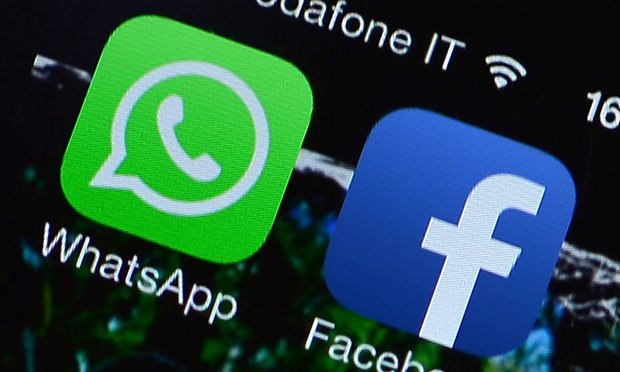Friday, April 22, 2016
Dependent on Facebook? Splendid Focusbook module will snap you out of it

Regularly the one we compellingly check is Facebook. What our "companions" are up to
Be that as it may, envision the amount we would
This is the place
The Chrome module approaches you to set a reason for every time you utilize the online networking website.
When you introduce it,
Consistent pop-ups and slipping blue fog let you know your time is up and it's an ideal opportunity to return to this present reality.
Obviously, this just deals with programs and won't stop you looking
It is helpful for those Facebook gorges and diversions at work, be that as it may, and will maybe demonstrate the amount of time you spend on the informal organization.
This comes after news that Facebook compulsion enacts the same part of the cerebrum as cocaine.
"The rash framework can be considered as an
"In addictions, there is extremely solid inc
End of SMS? WhatsApp and Facebook messages surpass writings by three times

Individuals sent three times the same number of messages on Facebook's Messenger and WhatsApp in 2015 as they did by means of SMS.
Facebook has uncovered that its two informing stages process 60 billion messages a day, very nearly three times the 23 billion SMS messages that are sent.
Facebook Messenger is quickly turning into a fundamental contender in the battle to be the most prevalent approach to
Becoming quicker than any semblance of WhatsApp and Instagram, the quantity of individuals on Messenger soared from 800 million to 900 million in the initial four months of 2016, shutting the hole with WhatsApp, which hit one billion clients in February.
Facebook uncovered the figures at its F8 designer's meeting in San Francisco this month.
Passing of SMS?
With the ascent of Wi-Fi and 4G, web associated
The quantity of instant messages sent each year has relentlessly expanded, with 8.6 trillion sent in 2016 up from 8 trillion in 2012, yet it has neglected to keep pace with the relative development of cell telephones.
As instant
Facebook and Microsoft, for instance, are bringing
Also, Google as of late declared that it is collaborating with Vodafone, Deutsche Telekom and America Movil to make "Rich Communications Services", the eagerly awaited successor to SMS, a reality.













